European Gaming News
Esports advertisers need to be fans first, marketers second

Just because New England Patriots star quarterback Tom Brady is good at football doesn’t mean he’s good at Madden. And just because you’re good at marketing doesn’t mean you’re good at esports marketing. While esports may not yet have the same name recognition as soccer, football, or baseball, the prospect of it soon joining their ranks is not too far-fetched.
As the owner of 10 major esports brands, we at Gamurs Group have seen and reported on the esports industry rapidly gaining steam and grabbing the attention of fans across the world. According to a recent report by IHS Market, in fact, the amount of time spent watching competitive video games totaled more than six billion hours in 2016, up 19 percent from 2015. Moreover, the Olympic Council of Asia recently announced its decision to make esports a medal event in the 2022 Asia Games in Hangzhou, China — hinting at a potential future of esports gaining Olympic status by 2024.
Nevertheless, advertising revenues have yet to match esports’ rate of growth. As our esports news site reported, the same IHS Market report estimates that $280 million was spent on esports advertising in 2016, and forecasts the amount to reach $1 billion by 2021. And while many advertisers might be tempted jump right in and plaster their ads on game or competition streams, that strategy has been known to fail.
Based on our experiences working with Acer, Red Bull, and other major brands, here are the four best strategies to reach esports fans with your advertisements:
Know your audience
Esports is new, and as a result the audience is still somewhat of a mystery to advertisers, but it is clear that there is a huge potential in the market. “The esports audience includes some of the hardest-to-reach and most sought-after demographics for marketers and advertisers,” said Bobby Kotick, the chief executive of Activision Blizzard, speaking to investors.
As such, it is important to first demystify your target audience before bombarding them with unwelcome advertisements.
We have found that doing this boils down to living and being a part of the esports community. Without being gamers, we would never have been able to keep on top of the quick-moving trends in that community. At the end of the day, who knows what esports fans want more than esports fans themselves? As an advertiser, if you want to succeed in the realm of esports, you must do your homework and understand the community to know exactly what resonates with your audience. Then, you can design advertisements that play directly into your audience’s interests.
For example, in this Facebook video advertisement that we designed, you can see that, despite its clearly promotional nature, it is focused on what resonates with the audience. Piggybacking off of content that already interests your audience provides a great opportunity to introduce your advertisement or product. Another example highlights how framing video advertisements as news pieces related to your audience’s interests can help extend your advertisement’s reach. By linking your advertisement with news that is relevant to your target audience, you can benefit from a much higher level of engagement.
To best reach your audience of esports fans, it is crucial to first understand who they are, what they like, and — perhaps more importantly — what they don’t like.
Don’t detract from the content
No one likes being interrupted by promotional content — especially gamers. The demographic which includes significant numbers of young males “typically shun[s] brand marketing” — unless it’s done right. To get esports fans on board with your advertising attempts, the key is to show them content that speaks to them directly, without interrupting a game or competition stream.
Instead, get fans on board by integrating advertisements seamlessly with content that already resonates with them. We have seen great success by utilizing banners at the beginning of an article or a bumper at the end of a video to expand reach without detracting from the actual content your audience wants to consume. Another method is using title sponsorship for a video. We used these same techniques in a recent campaign we ran for the League of Legends World Championships and found them to be highly effective.
Native advertising has also shown extreme promise in reaching gamers and their fans due to its unobtrusive nature. Rather than smacking fans across the face with blatant advertising attempts, a more subtle approach will yield better results. Creative advertising that supplements — rather than dominates — the content attracting is a much safer bet. Take a page out of Snickers’ book and its “You’re Not You When You’re Hungry” campaign that launched as a sponsor of Eleague last year. The campaign achieved great success for its capability to seamlessly incorporate interesting content into its campaign strategy.
Choose your channels
Knowing who your audience is and what they like and dislike is just one half of the equation; you must also know where to find them. Live streaming video platform Twitch has attracted a large and dedicated esports community where fans flock to watch live streams of their favorite games and gamers.
Just last year Twitch boasted views from 2.2 million unique streamers with 292 billion minutes watched — up more than 50 billion minutes from 2015. For this reason, many successful advertisers have turned to employing the help of gamers and influencers themselves in their promotional strategies. By partnering with someone trusted by the community of users on a platform like Twitch, advertisers look more authentic to viewers. The approach is not new; however, the channel is — and it continues to gain more and more popularity.
We use a similar approach with Facebook and other content pages that are very popular with the community as well. Gamers are generally very spread out, but they also tend to congregate in specific places. Therefore, focusing your advertising efforts on these niche communities are sure to see a higher success rate.
Don’t pretend to be a gamer — hire one
Being good at marketing is different than being good at esports marketing. Just as you wouldn’t sign up Tom Brady for a Madden tournament, you shouldn’t rely on your traditional marketing team to know how to advertise to the esports community.
Instead, hire someone who knows the community well and understands exactly what the target audience wants. Or you can dare to meet the same fate as Bud Light, whose first and awkward venture into esports marketing resembled a dad talking about gaming with his son. In the flopped campaign, the company missed the mark on all of the players they nominated for awards, showing a significant lack of research and preparation, and were ridiculed by the esports community. Ultimately, this serves as the best example of how not to do things.
As gamers and businesspeople, we can tell you: hiring a marketer that is familiar with and actively involved in the esports community is the best way to know which ideas carry the most weight and would best succeed. Knowing the right terminology, a deep understanding of the rules, and up-to-date information about the games and players will give you an edge and avoid the shame of coming across as an ignorant outsider — as well as the wasted advertising dollars that would come along with it.
Esports advertising is no simple task, but with a proper understanding of your audience, it can be. And if exercised properly, you’ll be able to get in and reap the early profits that the emerging industry has to offer. As an advertiser, it’s more than just talking the talk — you have to walk the walk too. The best way to do it is to become a part of the community and know exactly who your audience is and exactly what it’s looking for.
Source: Veturebeat.com
Source: European Gaming News

European Gaming News
Could the Gambling Commission ban wagering requirements?
Wagering requirements; whether you love them or hate them, with the Gambling Review well underway, there’s never been a better time to debate if they still have a place in modern gambling and whether the upcoming review will ban them once and for all. But first, let’s look at their development and why they are a contentious issue in the industry.
What are wagering requirements?
Wagering requirements are a common term and condition attached to a bonus that prevents players from taking a promotion and withdrawing it immediately. They are applied differently by each gambling brand. Some, like PlayOJO, Paddy Power, MrQ and Betfair, have revolutionised the casino scene by offering no wagering bonuses. In contrast, others take the predatory route and list bonuses with up to 100x requirements (the average is around 30x).
The requirement is the amount a player must wager at the casino before any winnings made with a bonus are valid for withdrawal. In the case of a £100 bonus, a 30x requirement would mean a player must wager a total of 100×30=£3,000 before they could withdraw any winnings. Most players would easily decimate their winnings before fulfilling the condition and, as most bonuses expire within 7-14 days, may well be forced to play for periods, or at times, they otherwise might not.
Why do wagering requirements exist?
In the early days of online casinos, bonus hunting among players became widely popular. It led to forums where players shared information on where and how to profit from the best welcome bonuses, earning money from the available offers available and never playing at a site again.
As casinos began to notice players taking bonuses and withdrawing without using them fairly, they combatted the practice with wagering requirements and other terms, such as the ability to withdraw a bonus and any winnings made if an account was suspect of this activity.
However, with no limits or official licensing rules to regulate wagering requirements at that time, things soon got out of hand as operators set high limits that were and still are unattainable to most players. Additionally, in many cases, the terms and conditions were not clearly displayed or explained, leading to the confiscation of bonuses and winnings without players understanding how or why they’d fallen foul of the casino’s rules.
Wagering requirements under fire with UKGC
By 2014, and following a flood of player complaints, the Gambling Commission weighed in, creating the Gambling (Licensing and Advertising) Act which prescribed operators were to advertise their bonus terms and conditions clearly and explain them to players. This led to some reducing their requirements to more feasible levels. However, not all operators followed suit, hence why we’re still discussing wagering requirements today.
More recently, in February 2022, the UKGC set its sights on reforming wagering requirements again, issuing new guidance regarding fair and transparent terms and practices, which acknowledged that wagering requirements could lead to excessive play, not in line with social responsibility rules for operators.
The new guidance rules cited that licensees used potentially unfair terms, with examples including:
- “terms that allow licensees to confiscate customers’ un-staked deposits
- terms regarding treatment of customers’ funds where a licensee believes there has been illegal, irregular or fraudulent play
- promotions for online games that have terms entitling a licensee to void real money winnings if a customer inadvertently breaks staking rules
- terms that unfairly permit licensees to reduce potential winnings on open bets.”
It also stated that the Commission was aware of:
- “terms and conditions that are difficult to understand
- welcome bonus offers and wagering requirements which may encourage excessive play.”
While the guidance did not contain rules for abolishing or limiting wagering requirements, they instructed licensees to review their terms and conditions to ensure they fit consumer protection laws and that; “The LCCP requires rewards and bonuses to be constructed in a way that is socially responsible. Although it is common practice to attach terms and conditions to bonus offers, the Commission does not expect conditions, such as wagering requirements, to encourage excessive play.”
Will wagering requirements be banned?
With the Gambling Review white paper currently overdue and keenly expected by all industry stakeholders, many wonder if it will cover wagering requirements or, more specifically, exclude them from casino practice. The Gambling Review aims to update the 2005 Gambling Act, fit for the modern age, and wagering requirements would undoubtedly slot into the remit of what’s being discussed, which includes greater player protections and affordability checks.
While it’s clear that some big-name operators and affiliates like No Wagering are pioneering the way in bringing zero wagering bonuses to players, many sites have not followed suit. This is despite clear evidence that players favour fairer bonuses (PlayOJO is one of 39 brands operated by the same parent company, it is the only one with zero requirements, and it’s the most successful of all, according to the company).
Realistically, we’re not sure that the new gambling regulations will ban wagering requirements completely (as we covered earlier, they do exist for a reason), but it certainly wouldn’t be beyond the imagination for there to be a maximum cap applied in the view that excessive requirements equate to excessive play.
What’s next for operators and bonuses if wagering requirements are banned?
Bonuses are one of the most important factors for players in picking between casino sites, and they make players feel lucky to score something for free straight off the bat (even if the wagering requirements mean this is not really the case).
If wagering requirements are banned, operators unwilling to offer bonuses without wagering requirements will have to return to the drawing board and reimagine rewards, especially welcome offers. Alternatively, they could begin competing based on other USPs, such as focusing more on the casino product to pull in the punters by offering unique games, making space for indie developers, having instant withdrawals, or gamified loyalty benefits and better loyalty clubs.
Moreover, it would present a fantastic opportunity for remote operators to move away from the tired system of matched deposit bonuses towards more exciting and fresher ideas like promo wheel spins, mystery gifts on first deposits, prize draws and so on. With brands including PlayOJO, Paddy Power, MrQ and Betfair already doing this, operators do not lack a blueprint to success, just the gumption to embrace a new model.
Bulgaria
Betway Bulgaria officially launches, offers live and bet-builder options
Another company has officially launched its activities in the growing niche of online betting in Bulgaria. But here we are not just talking about another operator licensed by national institutions, but about a leading brand worldwide. Betway is one of the largest bookmakers in Europe and globally, and the fact that it already offers its services in Bulgaria speaks positively about the development of the gambling business in the country.
Indications of an increase in the size of the industry appeared last year, when several operators received a permit to operate under Bulgarian jurisdiction. It is unlikely that this process will end with the official launch of betway bulgaria, rather the brand entering the country can be perceived by international operators as a positive assessment of the market in Bulgaria. What can we find at Betway besides the obvious – increased competition and of course more choice for consumers?
What do we find in the sports section?
Sports betting – this is the leading sector of the company, which started operations in 2006. The brand is associated with a number of teams in Europe such as Tottenham, Atletico Madrid, Leicester, Alaves, Belenenses, Werder, etc. Of course, the top championships in Europe are present in the latest betting platform, but that’s not all. Betway offers the opportunity to make predictions at less popular UEFA championships. The fans of the Bulgarian championship have options too. All matches of the First League are present in the bookmaker’s menu, and are offered with dozens of choices for each of them.
Real-time bets and long-term combinations
Live bets are a big thrill for many players. This option is present at Betway, and this also applies to the mobile version, of course. It is not difficult to detect current events – they come first when loading the platform. And with them the bookmaker really comes up with interesting offers, some of which are rare on the Bulgarian market. The outcome of the bets become clear in literally seconds if the next goal market or one of the performance options is selected.
In addition, the company accepts predictions with a much longer horizon. It is now standard to bet on who will be the champion in England, Spain, Italy or Germany. However, there are also specific markets and selections for certain teams – will Barcelona take the trophy this season, will Liverpool reach the final in at least one of the tournaments in which it participates, etc. And if users don’t find what they’re looking for in these offers, they can always turn to the betting menu. The bet-builder is still limited to one match, from which we can choose two or more selections until the desired odds are formed. This is the most appropriate way to optimize the bet according to personal preferences and therefore it is increasingly preferred by the players.
Betway’s first steps on the Bulgarian market are impressive. And this is just the beginning, we can expect even more in the near future.
European Gaming News
EveryMatrix inks RGS Matrix agreement with Wild Boars
EveryMatrix announces the second RGS Matrix partnership with Wild Boars, newly launched gaming studio that aims to bring creative storytelling and a fresh feel to the gaming industry.
Launched in 2019 as EveryMatrix sixth standalone solution, RGS Matrix enables gaming development teams to distribute, manage, and report upon a proprietary game product portfolio.
This ‘out of the box’ remote gaming server was built on an open architecture and caters for outstanding player experience, consistent deployment, and quicker content integration.
Mathias Larsson, Managing Director of RGS Matrix, says: “This is our second RGS Matrix agreement and it brings me a lot of joy to know that our solution starts gaining momentum in the market. Our remote gaming server aims to help the new generation of game builders by providing all the means to create, design, distribute and manage games.
“The team of Wild Boars is experienced, skilled and highly creative. I am looking forward to seeing their games live and appreciated by players in many countries.”
Oleksandr Yermolaiev, Managing Director of Wild Boars, comments: “We truly believe that choosing a right partner is crucial for success. For us, RGS Matrix and its remarkable team is just that partner. We are excited to use EveryMatrix solution, focus on what we do best and bring our innovative games to a wide range of operators, territories and players. RGS Matrix is dashing ahead and we are happy to join the ride.”
RGS Matrix powers slots and table games, and is currently certified for Malta, Latvia, Lithuania, Estonia, Sweden, Spain, Denmark, Romania, and Colombia, with many jurisdictions to come in the upcoming years.
-

 Latest News2 months ago
Latest News2 months agoFairplay Exchange signs as new sponsor of Stephen Hendry’s Cue Tips
-

 Latest News2 months ago
Latest News2 months ago2 PEOPLE CAUGHT OPERATING ILLEGAL ONLINE GAMING SITE
-

 Latest News2 months ago
Latest News2 months agoWazdan partners with 711.nl for significant expansion in the Netherlands
-

 Latest News2 months ago
Latest News2 months agoPlaytech Extends Partnership with BoyleSports Until 2028
-
Latest News3 months ago
The Gold Standard in Affiliate Programs: How Partners 1xBet Dominates the iGaming Market
-

 Latest News3 months ago
Latest News3 months agoOneCasino Partners with Delasport to Also Conquer Sports Betting in the Netherlands
-

 Latest News3 months ago
Latest News3 months agoHow Kiosk Terminals are Revolutionising the Sports Betting Experience
-

 Latest News2 months ago
Latest News2 months agoStarGames Named Premium Partner of the International ADAC Truck Grand Prix 2024











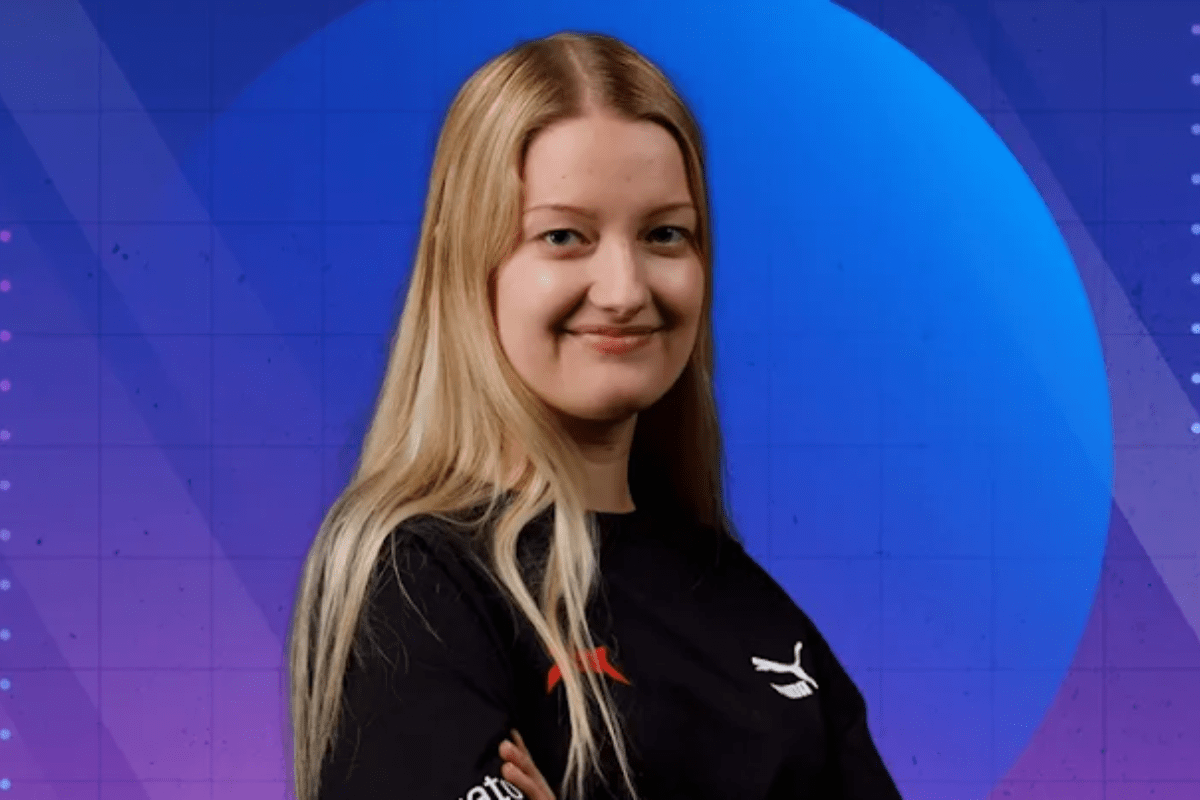
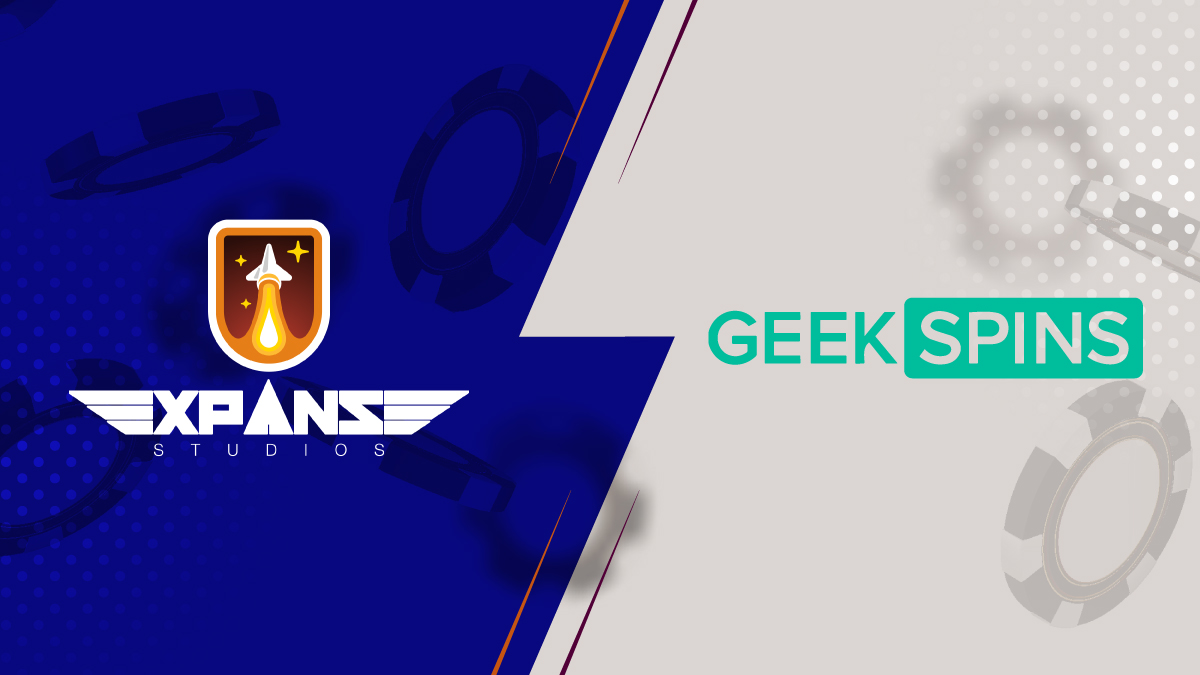
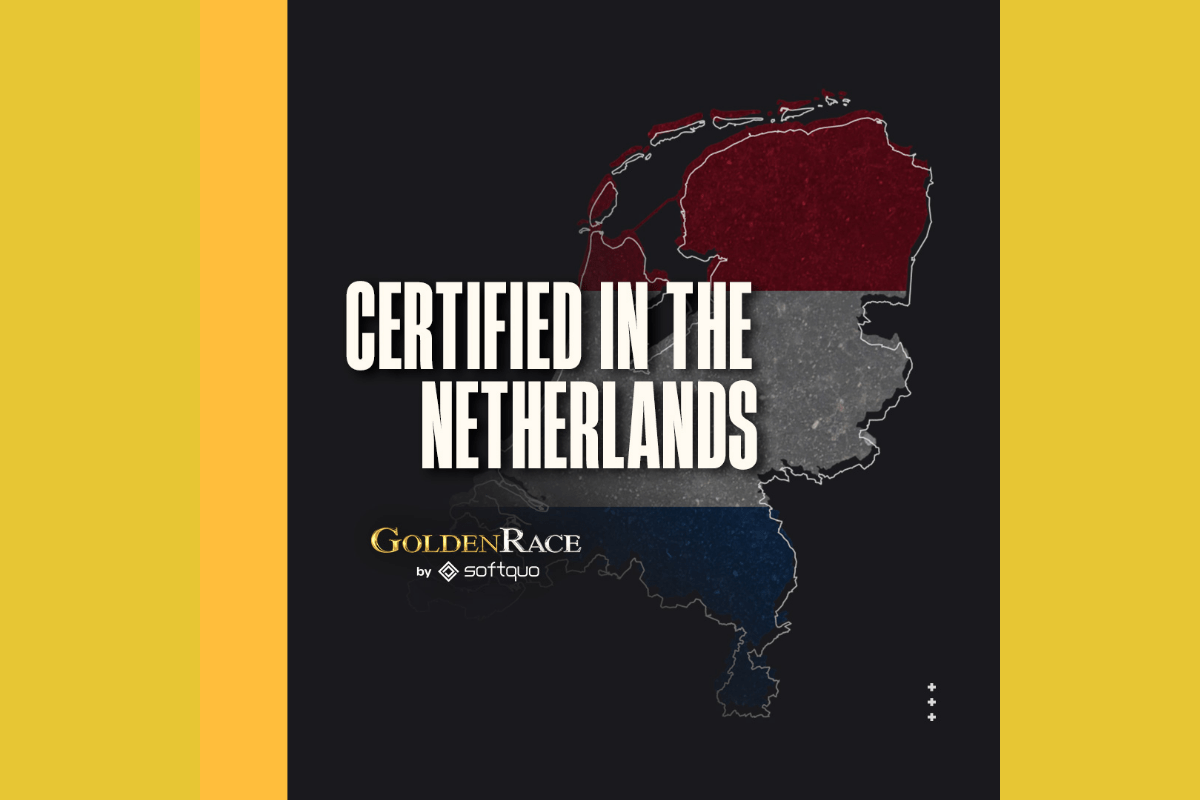
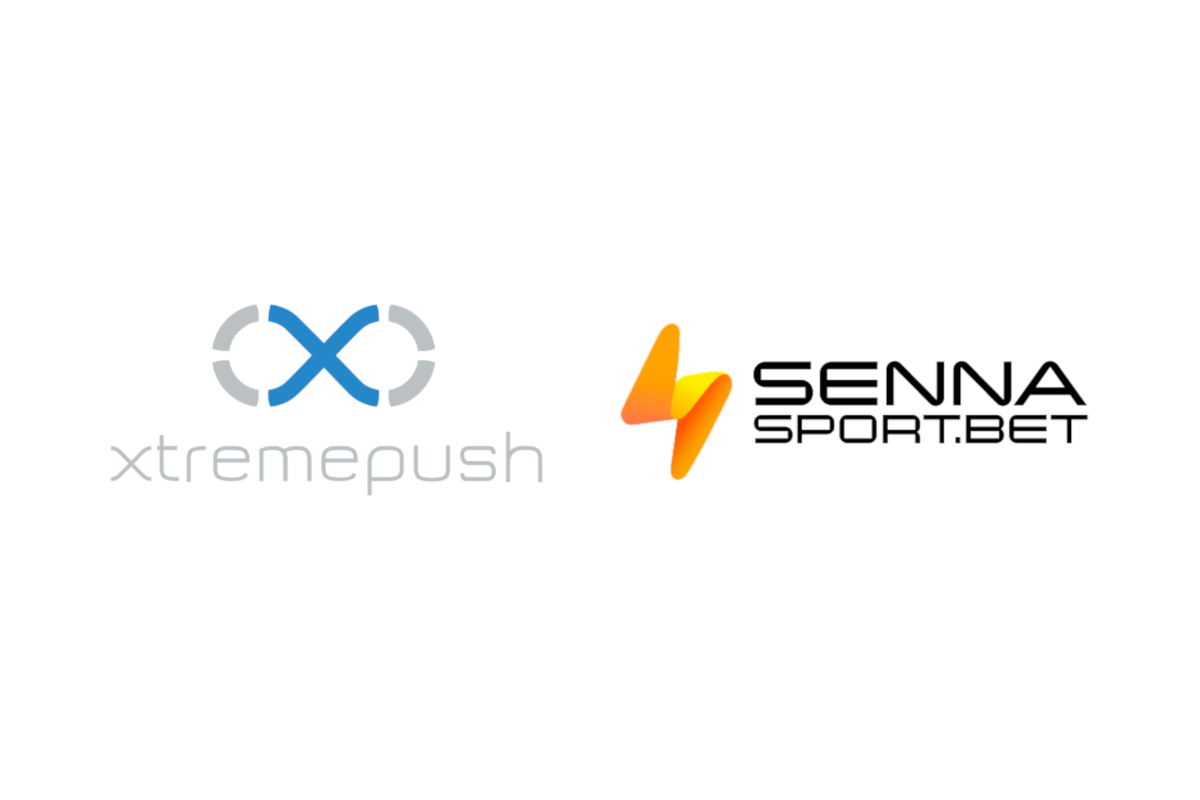



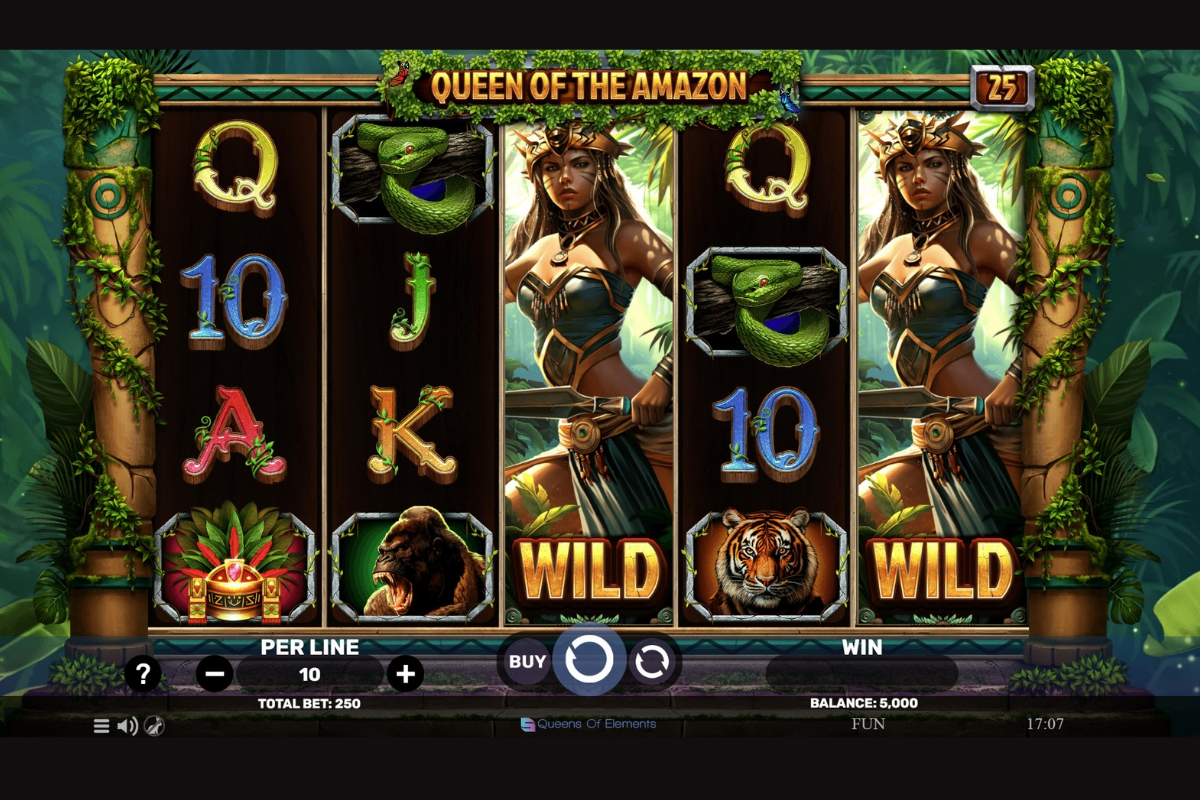
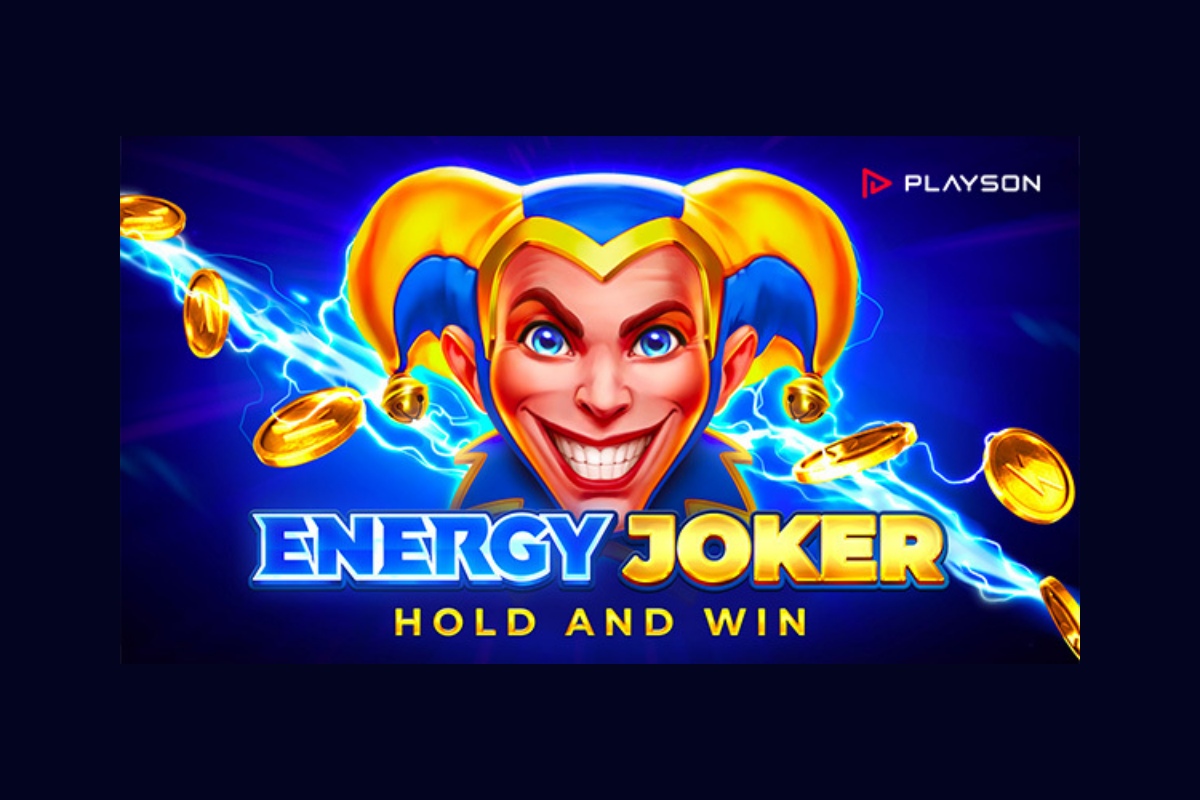
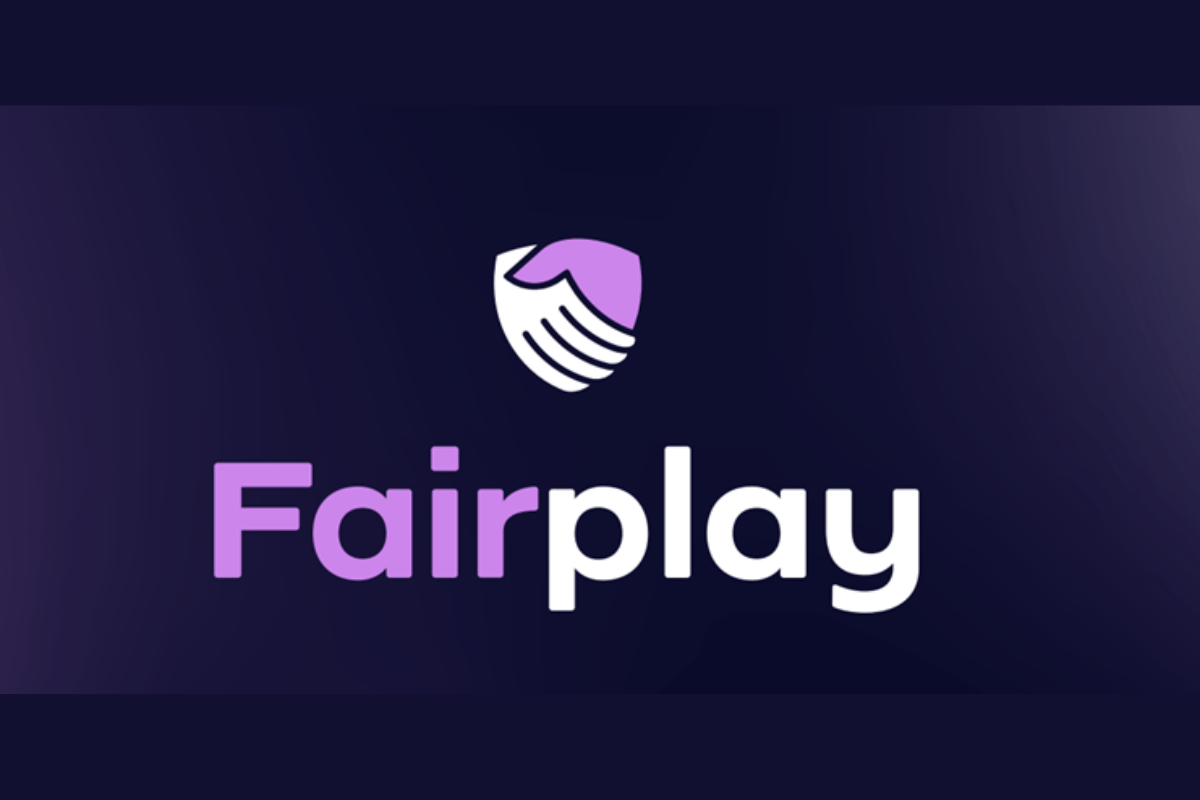
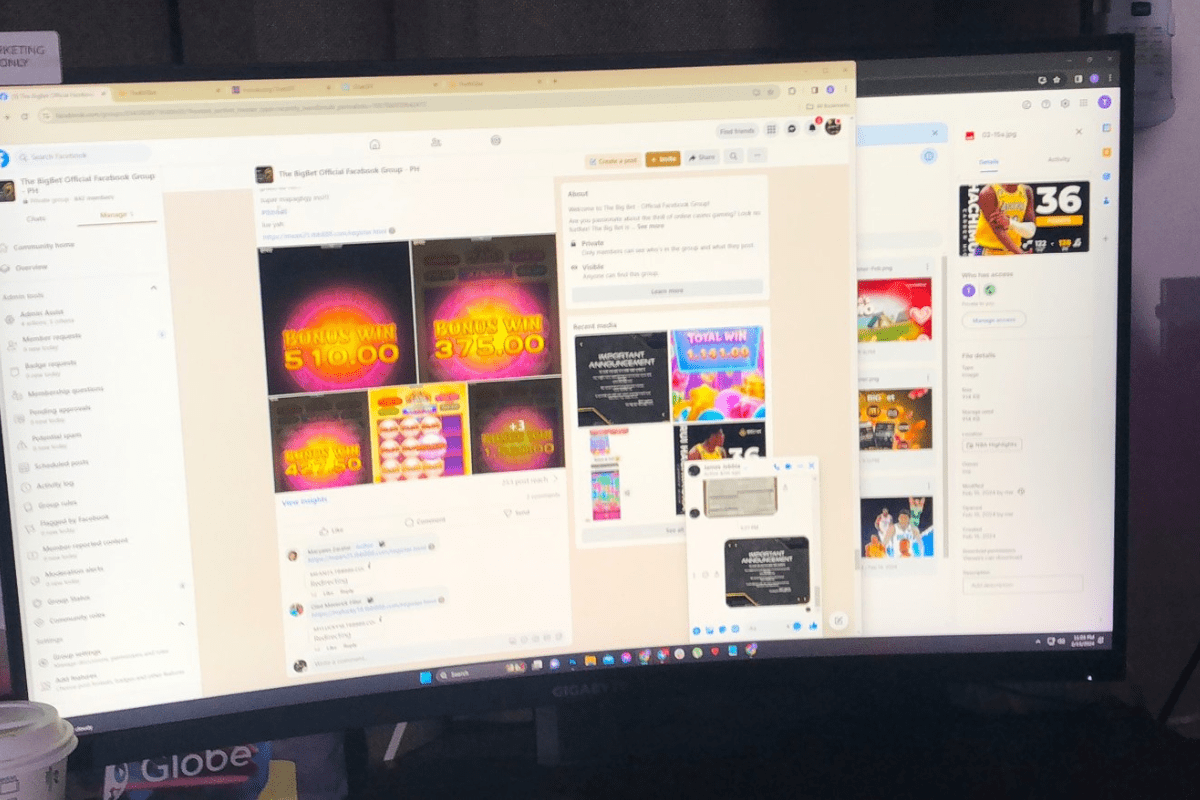

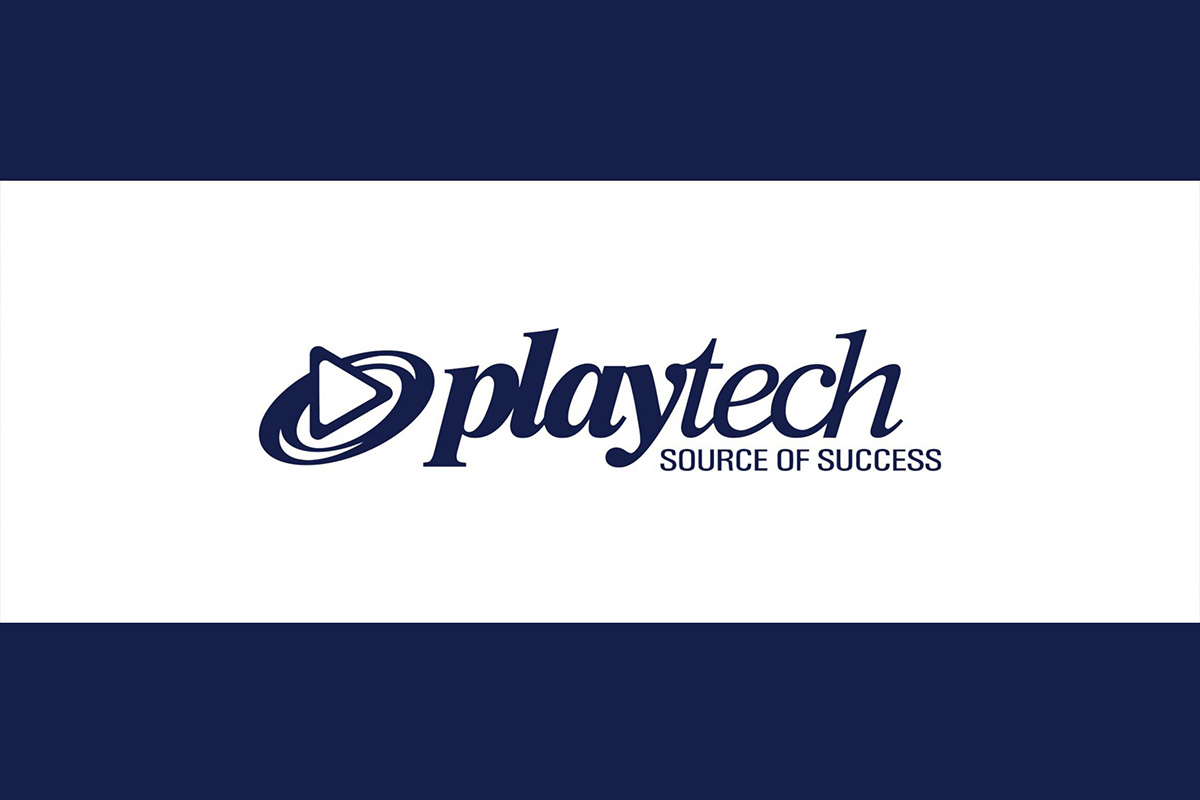

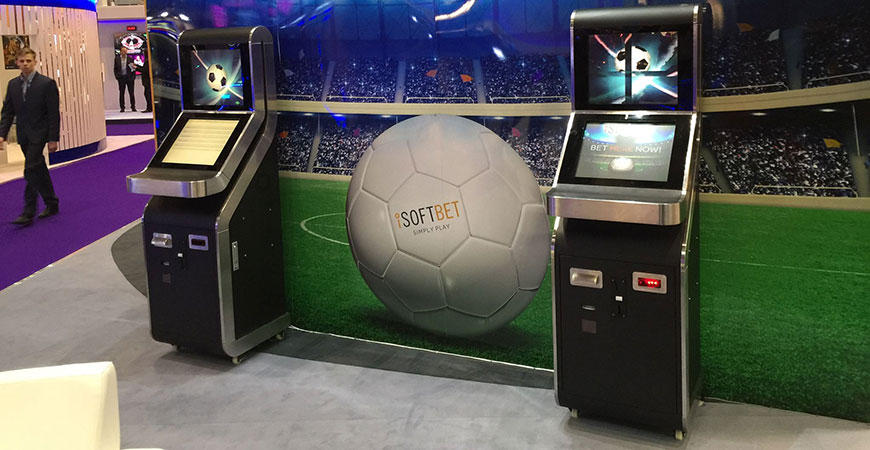
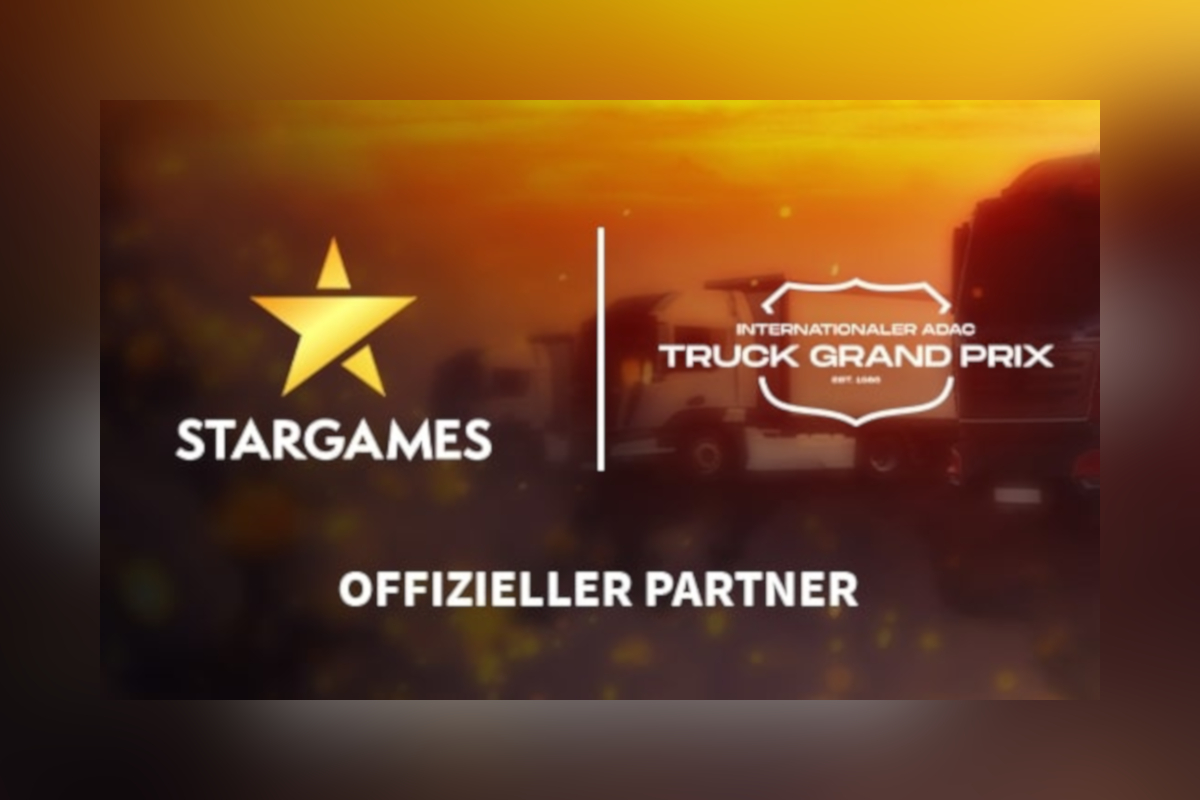
You must be logged in to post a comment Login